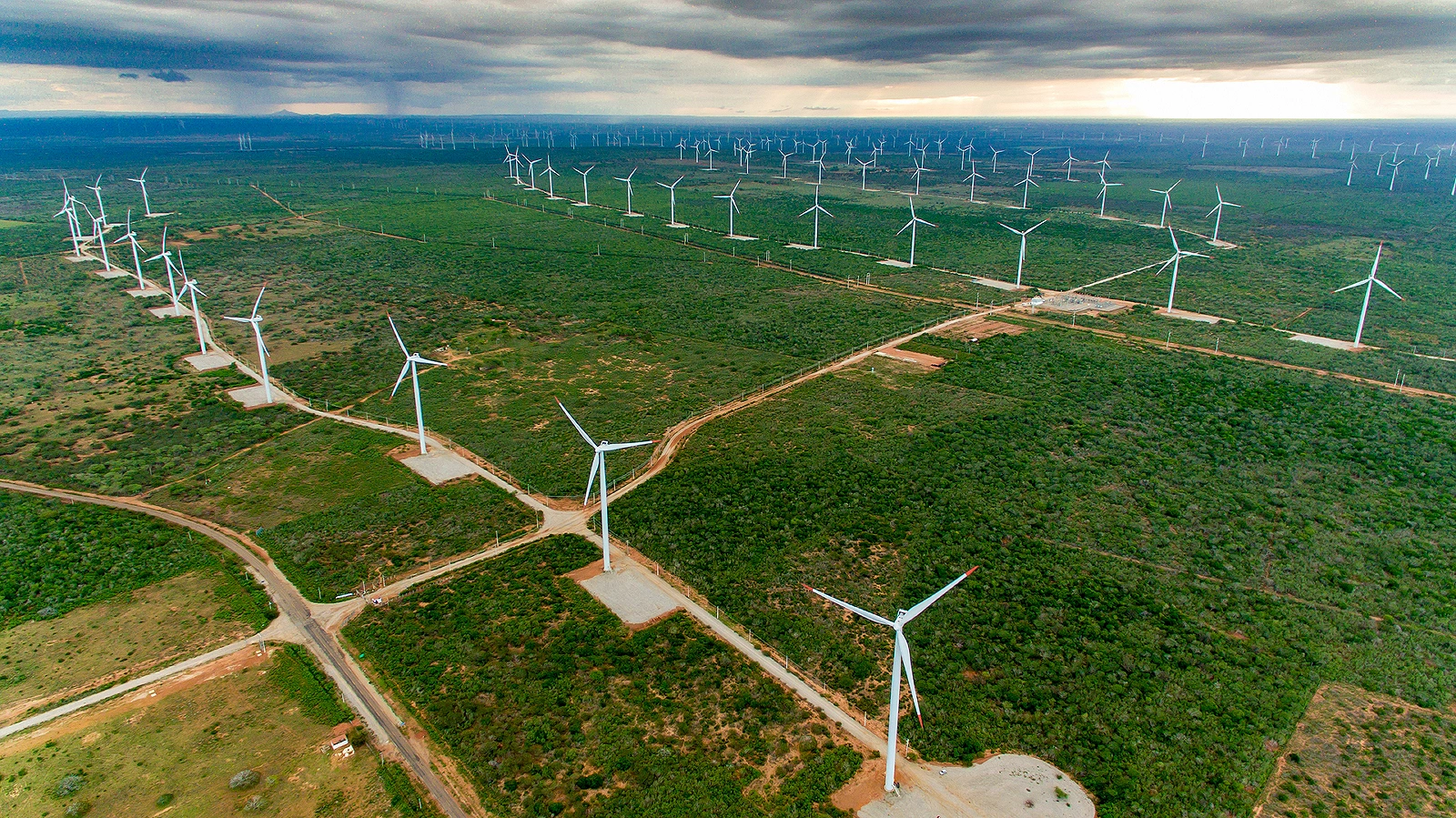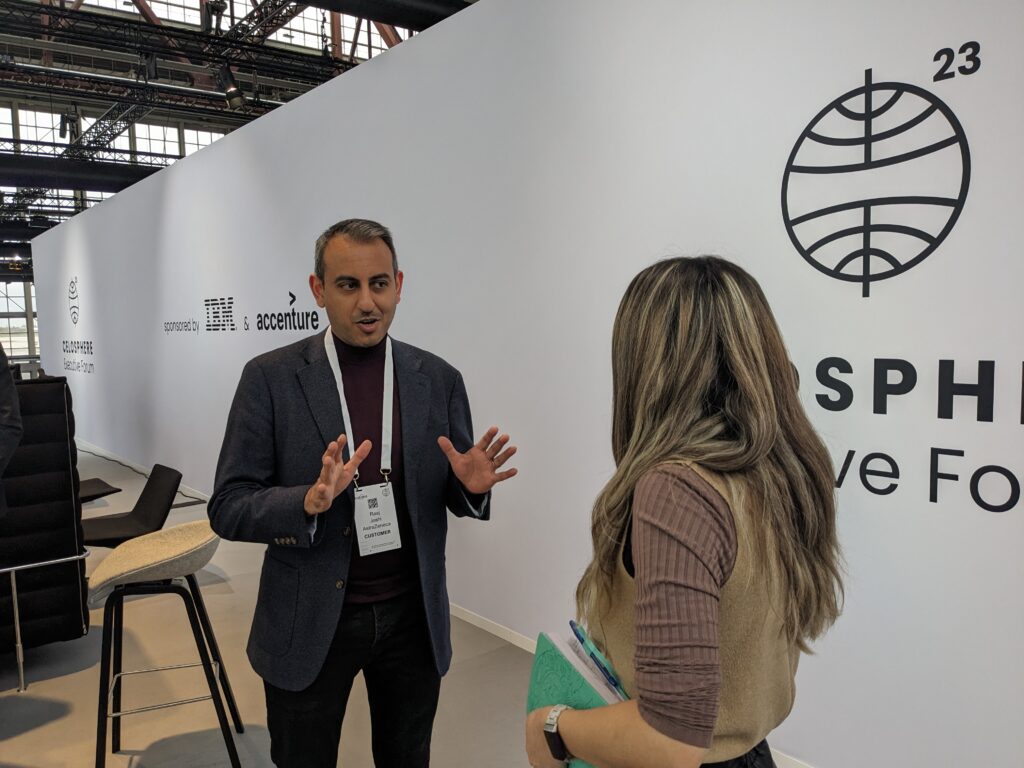Danish-listed wind turbine company, Vestas, had built a solid name for itself as the renewable industry’s global partner until the pandemic hit, hindering the ability of the whole wind sector to continue shipments, deployments and operations.
The implications of this have seen the company struggling to deliver a backlog of projects while recovering from supply chain issues and raw material prices, resulting in negative profits. As a response to the turbulent economic situation, the company recently introduced its ‘Back to Black’ initiative with the aim of returning to stable profitability.
Vestas data engineer, Gay Marie “Maggie” Saavedra Castillo, shared that this executive direction encouraged by the leadership team has been focused on bettering all aspects of the organization to achieve the bigger goal.
Explore related questions
As part of these efforts, her department focused its attention on tackling duplicate payments, often a recurring issue in organizations. Despite some robust preventive controls in SAP, Vestas was no exception to this commonplace industry standard; some duplicate invoices still managed to slip through the cracks, resulting in double payments.
With the process of identifying these duplicates manually being difficult and very time-consuming, the company decided to lean on the help of Celonis for this task.
Assembling a strategy
Having previously implemented Celonis when Saavedra Castillo joined the company a year ago, Vestas had some tools readily available. However, the teams were not using them and were not able to capitalize on their value, something she saw as a good opportunity for change.
Looking to solve the duplicate payments case, the dedicated AP team created a task force team of one lead and three analysts and used the out-of-the-box duplicate checker app of Celonis, as well as adding a few features based on their needs to validate invoices.
They kickstarted the implementation of the duplicate checker app in July 2023, focusing on one year’s worth of data (between July 2022 and July 2023) with the team managing to close all duplicates soon after, wiping out 600 duplicate invoices.
Reaping the benefits
Going on this journey and completing the validation of the duplicates in August, this year paid off for Vestas: It amounted to €5m in cost-savings achieved in under a month, with the number later reaching hard cost savings of €11m, realized in roughly three months.
Because of these outstanding results, Saavedra Castillo explained: “We then decided to extend the data to another year and a half which means that we ran the duplicate checker on data from January 2021 which resulted in an additional 800 potential duplicates”.
As of today, the AP team has realized €11.2m of savings from the 1379 validated duplicates using the duplicate checker app, with Vestas working to incorporate this strategy in a preventive approach on upcoming company invoices, reducing potential duplicates.
Another metric that indicated the success of this implementation was the app’s detection success rate of 78 percent, which meant 78 percent of the identified potential duplicates were true duplicates.
Witnessing these impressive results, the Vestas team later continued its work with Celonis and internally developed and implemented a small app called Incorrect Baseline Date app, which has already helped realize €194,000 in working capital impact within six months. The company is also currently implementing the Open Credit Memo app, which has more than €200m of potential value.




